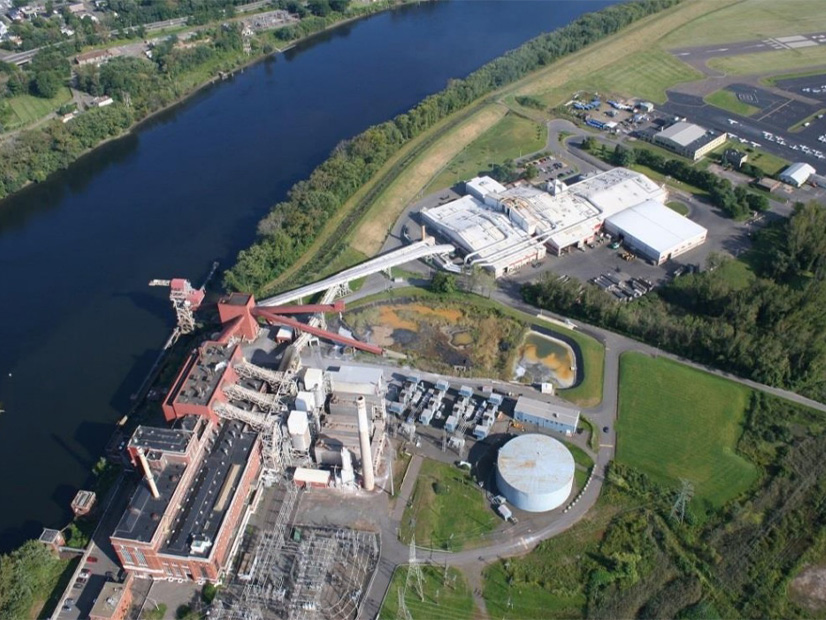
A new hydrogen task force set to launch in July could provide Connecticut legislators with the information they need to create “a very robust hydrogen package” in the next legislative session, Rep. David Arconti (D) said Wednesday.
Connecticut Gov. Ned Lamont signed a bill in May authorizing the creation of a task force responsible for creating a hydrogen study and delivering it to the General Assembly by Jan. 15.
Brian Garcia, president of the Connecticut Green Bank, will chair the 21-member task force, which must hold its first meeting by July 22, as directed by the legislation (SA22-8).
Passage of the Infrastructure Investment and Jobs Act (IIJA), which includes $8 billion in federal matching funds for a federal hydrogen hubs program, gave the hydrogen study bill “more momentum” during the session, Arconti said at a legislative and regulatory update hosted by the Connecticut Power and Energy Society. A March agreement among Connecticut, New York, Massachusetts and New Jersey to submit a regional proposal for the hub program made the study bill “even more timely,” he said.
“A lot of people in the legislature are excited to talk about something that could decarbonize a lot of sectors, and they are racking their brains around how we can get to net-zero [electricity] by 2040,” he said.
The study of hydrogen-fueled energy in the state’s economy and infrastructure will include reviews of:
- regulations and legislation to achieve economies of scale for hydrogen;
- hydrogen-related incentives and programs in IIJA;
- workforce development opportunities;
- sources of clean hydrogen, including wind, solar, biogas and nuclear; and
- funding sources for hydrogen energy programs and infrastructure.
Waste Solutions
A new state working group is gearing up to begin a separate study to identify waste disposal solutions following the planned shutdown this summer of the Materials Innovation and Recycling Authority (MIRA) waste-to-energy plant.
Lamont signed legislation (SA22-11) in May authorizing the working group, which Sen. Norm Needleman (D) will co-chair. The working group does not have a legislatively mandated start date, but it must submit the study to the legislature by Jan. 1.
Without the MIRA plant, Connecticut will ship “large amounts of solid waste to other states, in many cases to environmental justice communities,” Needleman said during the CPES webinar. “With the emissions that will cause, from trucks and trains as well as burying the [waste], we’re going to get the methane one way or the other.”
The MIRA plant, which is one of five waste-to-energy facilities in the state, has been operating since the late 1980s. The high cost of redeveloping the facility led to the planned suspension of waste combustion. MIRA instead asked regulators last September to amend its permit to allow for the transfer of 275,000 tons of waste per year to other licensed management facilities.
Needleman hopes the working group will produce ideas for new waste management legislation.
“I want … another 20-year solution that puts us back on the right track to reducing waste and converting whatever we can to energy, either by anaerobic digestion or by burning what’s left in a more efficient burn plant,” he said.
There is potential for expanding the state’s existing waste-to-energy capacity or building another plant that Needleman expects would provide “a lot of benefits.”
“We’re taking a step back on the short-term basis,” he said, adding that he expects the state will still “get to a point where we have solutions all the way around.”


